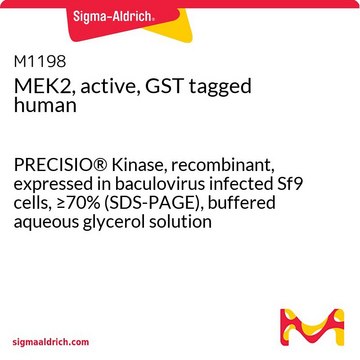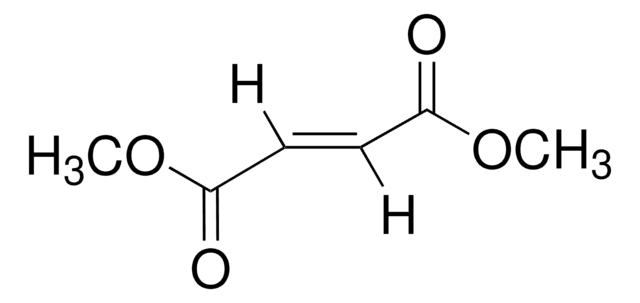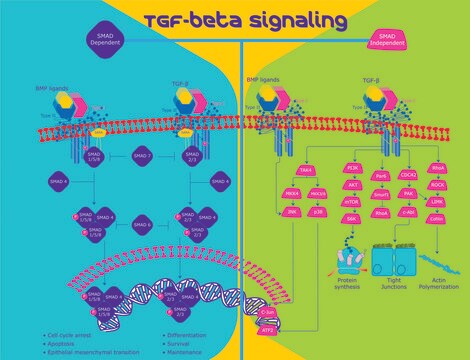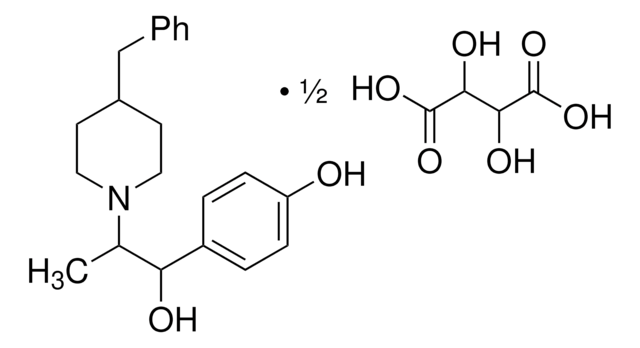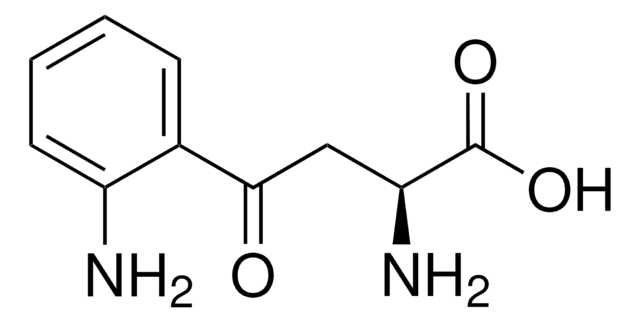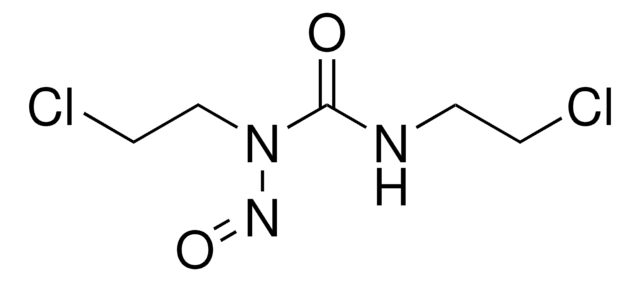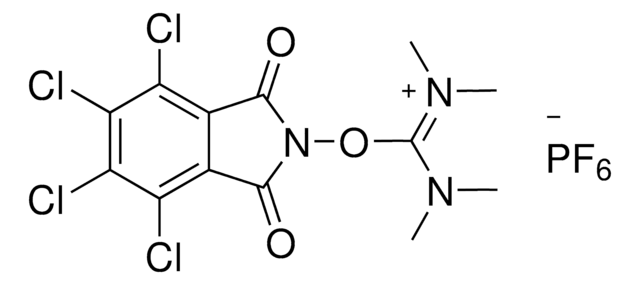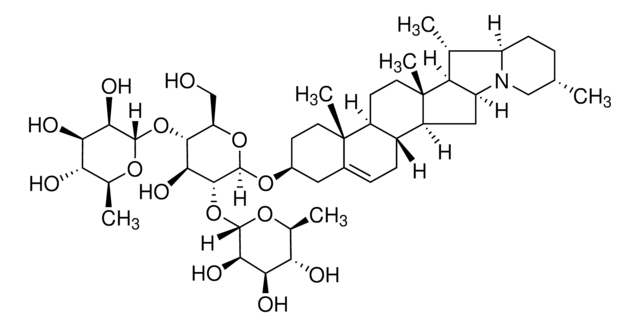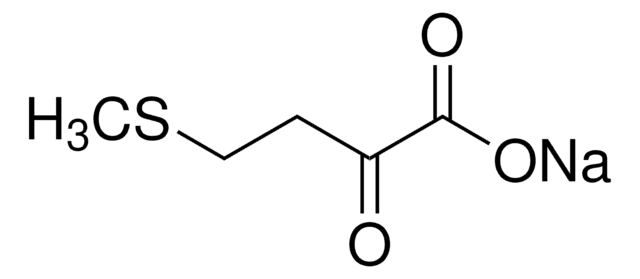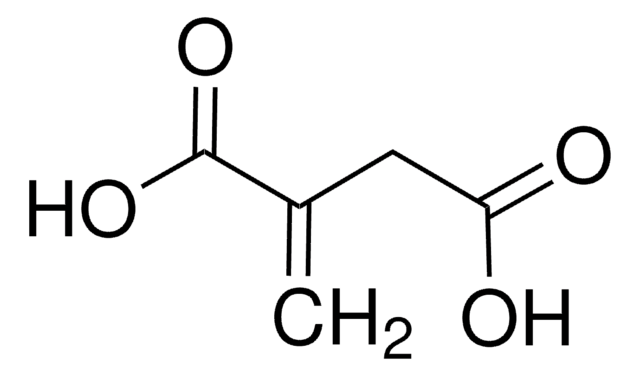N5636
3-Nitropropionic acid
≥97% (HPLC), powder or crystals, mitochondrial complex II inhibitor
About This Item
Recommended Products
Product Name
3-Nitropropionic acid, ≥97%
biological source
synthetic
Quality Level
Assay
≥97%
form
powder or crystals
color
white to light yellow
mp
68-70 °C (lit.)
solubility
alcohol: may be light yellow 100 mg/mL
storage temp.
2-8°C
SMILES string
OC(CC[N+]([O-])=O)=O
InChI
1S/C3H5NO4/c5-3(6)1-2-4(7)8/h1-2H2,(H,5,6)
InChI key
WBLZUCOIBUDNBV-UHFFFAOYSA-N
Looking for similar products? Visit Product Comparison Guide
Application
- to generate multiple system atropy-parkinsoniam (MSA-P) model in rat to evaluate its effect on embryonic striatal and mesencephalic grafts
- to inject into the nigrostriatal dopaminergic pathway in rats in order to examine its specific effects on the dopamine system
- as succinate dehydrogenase (SDH) inhibitor for LUHMES neurons and cell lines
Biochem/physiol Actions
Signal Word
Danger
Hazard Statements
Precautionary Statements
Hazard Classifications
Acute Tox. 3 Oral
Storage Class Code
6.1C - Combustible acute toxic Cat.3 / toxic compounds or compounds which causing chronic effects
WGK
WGK 3
Flash Point(F)
Not applicable
Flash Point(C)
Not applicable
Personal Protective Equipment
Regulatory Listings
Regulatory Listings are mainly provided for chemical products. Only limited information can be provided here for non-chemical products. No entry means none of the components are listed. It is the user’s obligation to ensure the safe and legal use of the product.
JAN Code
N5636-BULK:
N5636-10G:
N5636-1G:
N5636-VAR:
Choose from one of the most recent versions:
Already Own This Product?
Find documentation for the products that you have recently purchased in the Document Library.
Customers Also Viewed
Our team of scientists has experience in all areas of research including Life Science, Material Science, Chemical Synthesis, Chromatography, Analytical and many others.
Contact Technical Service
